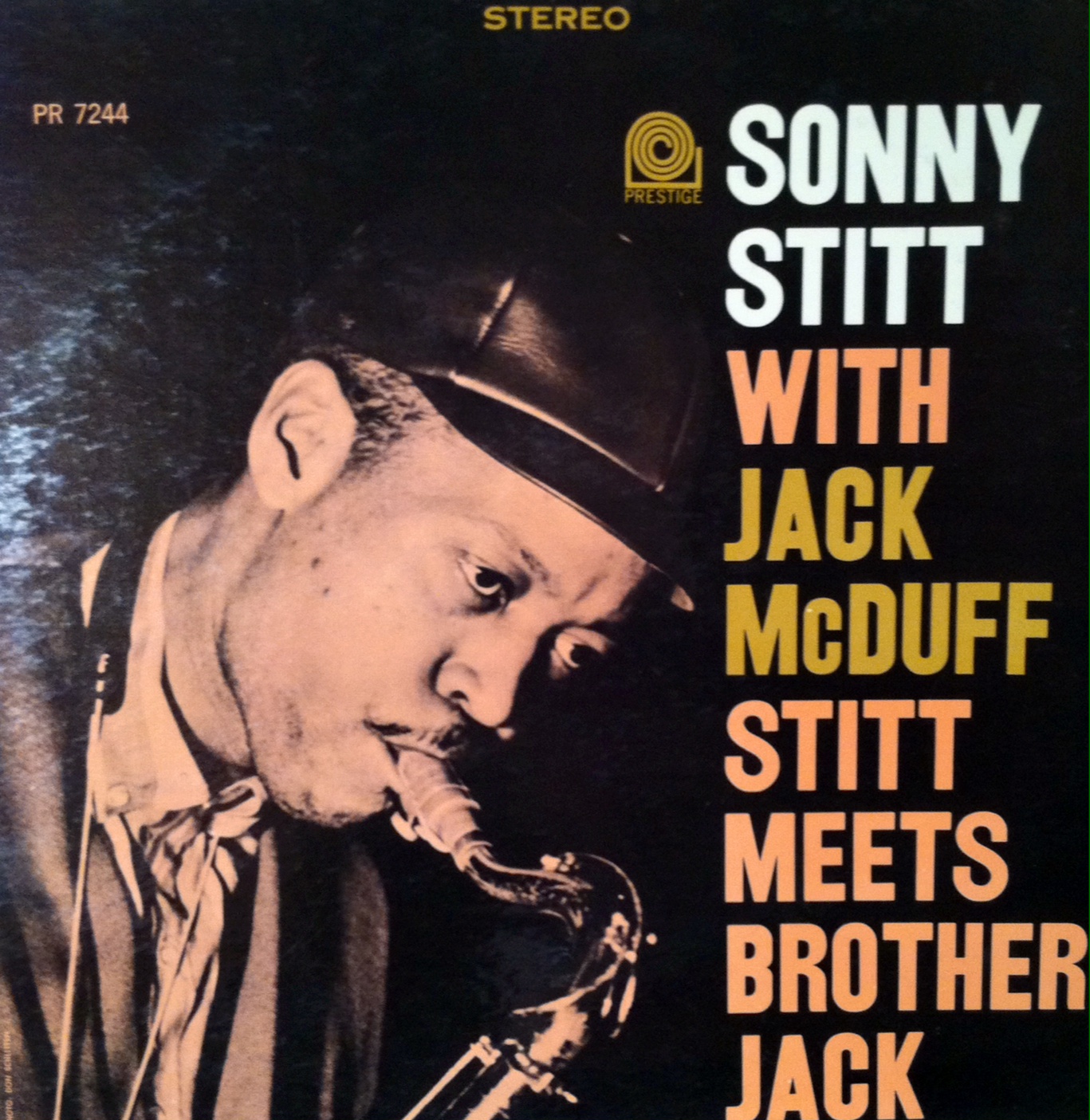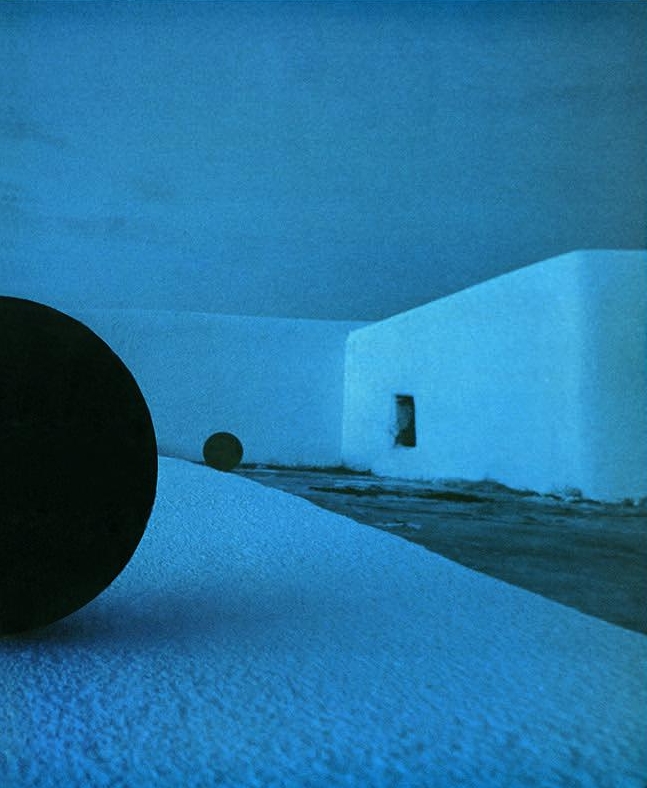Django

This week's post on album art is devoted to a pioneer in European jazz, Django Reinhardt. The Belgian-born, French-raised guitar player was of Manouche, or Romani, descent, and the folk traditions of his culture were blended with American jazz in his music to create a sound that still inspires musicians today (more on that last part later).
Django Reinhardt
Django Reinhardt had already been playing music professionally for a few years when, at 18 years old, a now infamous fire broke out in his camp. He tragically suffered severe burns on many parts of his body and two of his fingers (used on the hand to fret the guitar strings) were permanently paralyzed. Thus began a several-years psychological sojourn during which Django reevaluated the music he would play and how he would go about playing it. It just so happened during this time that a new acquaintance named Emile Savitry, a Surrealist artist and photographer, introduced Reinhardt to the music of Duke Ellington and Louis Armstrong, and it inspired the young guitarist to create his own jazz sound. Along with violinist Stephane Grappelli, Reinhardt founded the Quintette du Hot Jazz de France in 1934. Savitry photographed Reinhardt below in 1933.
When you listen to his music, realize that all of the usual brass, reed, and percussion of American jazz is gone, and replaced by one violin, three guitars, and a bass. And this was at a time when the guitar was used for accompaniment and the violin was an oddity in jazz. As Ted Gioa points out in his current assessment of the music landscape in The History of Jazz, we may think of jazz as globalized now, but in Reinhardt's time everyone interested in making a career out of "hot music" was either imitating American jazz or moving to America to play jazz. Django and his collaborators created a sound so unique and inspiring that American bands wanted to play with him whenever they came to tour Europe.
Django died suddenly of a stroke in 1953, at age 43. While it is estimated that he recorded close to 900 tracks as a sideman or leader, it was mainly for the 78 format, and he passed away just a few months before the first twelve inch LP of his own music was released. So in terms of all that awesome Django vinyl you may have in your collection, well you should appreciate it even more knowing you have something he never did.
You can listen to a playlist of Django Reinhardt tracks from the last Baltimore Kissa Society Listening Party here.
Marble Arch Records
Marble Arch was a subsidiary label of England-based Pye Records. And not just any sub-label: Marble Arch was built to make bucks off of the budget buyers. The story of Pye involves a dizzying amount of merging, buying out, licensing, renaming, and even coming back from the dead (before dying once more). At some point in their existence, they were associated with Nixa, Pye Nixa, Chess, A&M, Warner Bros., ATV, Picadilly, Marble Arch, Dawn Records, PRT, and Sanctuary Records. Our featured album art this week, Marble Arch's Reinhardt release (below), is intriguing for a few reasons.
This reissue hit stores in 1967, and oh how the font does reflect this. Rather than a hand-tinted photograph circa Django's own heydays of the 1930s and 1940s (which served as the basis for the cover image), this version is at least pop art homage and more likely acid rock wannabe considering the emergence of that movement at the time of this release. And even more curious still is that Reinhardt is missing his most reliable trait, his mustache. Yet one can find themselves nonetheless hypnotized by the album cover, since it seems that your own gaze is matched by Django's staring right back at you. All in all, it's a somewhat idiosyncratic cover for an idiosyncratic label. Take for instance the fact that Marble Arch wanted to identify themselves with the average worker, yet their own name and logo was based on a popular London landmark whose roots actually lie in Buckingham Palace and royal privilege.
The Marble Arch in its current location away from Buckingham Palace
Django Today
You can find some great bands that will be playing music directly inspired by Reinhardt at the 2nd Annual Django Jazz Festival, running February 24-25 at the Creative Alliance. Find more information and tickets here.
And if you just want to grab some pizza or drinks and hear great gypsy jazz in a relaxed setting, then make your way to Joe's Squared on North Avenue for Manouche Mondays.




